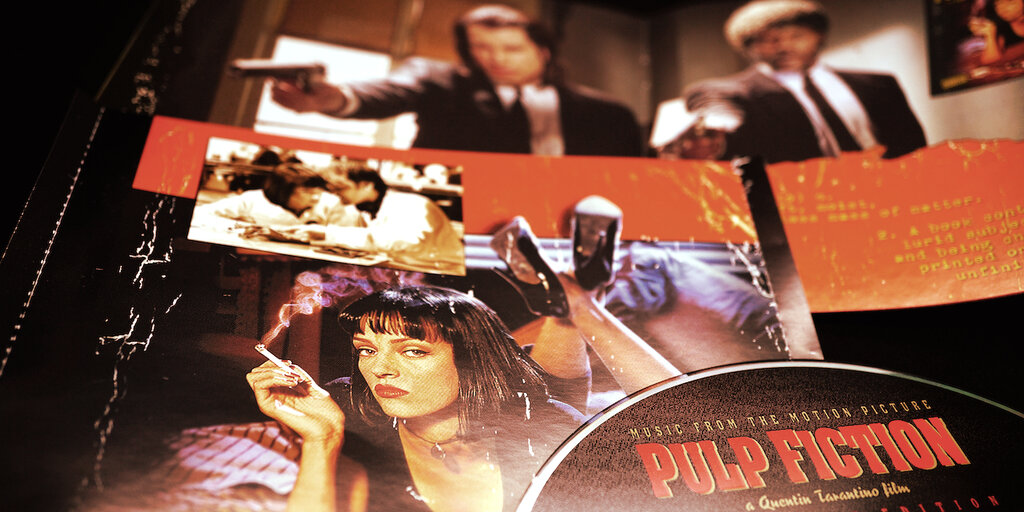Quentin Tarantino’s Pulp Fiction NFTs Have ‘Secret’ Perks Only Owners Can See
Director Quentin Tarantino is known for doing things in his own distinctive fashion, so perhaps it’s no surprise that his first NFTs will likewise stand apart from the pack. Created on Secret Network, the NFTs will have bonus content that can only be viewed by the owner of each collectible.
Tarantino will launch a total of seven NFTs based on his breakthrough 1994 film “Pulp Fiction,” which will be auctioned via the OpenSea marketplace. Each NFT features an uncut scene from the film, and comes with bonus content including original handwritten script pages, new commentary from Tarantino, and other details about the movie and the director himself.
However, only the owner of each NFT will be able to access that bonus content. It’s the first project to launch using Secret Network’s Secret NFTs technology, which lets content creators decide which elements of the collectible are public and which are private to owners. It also lets buyers choose whether their ownership is public knowledge or not.
Tarantino created the NFTs in partnership with SCRT Labs, the core developer of Secret Network. He will appear at NFT.NYC today to discuss the project alongside a demonstration of the technology.
An NFT acts like a deed of ownership to a rare digital item, as verified by a blockchain network. The NFT market ballooned to nearly $10.7 billion worth of trading volume in Q3 2021, and Ethereum is currently the largest platform for such tokenized collectibles and artwork.
Secret Network is a layer-1 blockchain that allows for smart contracts—or the code that powers NFTs and decentralized apps—with built-in privacy functionality, hiding certain sensitive data from public view. It’s seen as a potential solution for building dapps and decentralized finance solutions that handle personal information.
In the NFT world, SCRT Labs suggests that the functionality could be used for things like private galleries and sealed bid auctions. It could also be used for randomized “loot boxes” in crypto-fueled video games, or for more real-world purposes like digital passports and tickets.
2 November 2021 13:07
